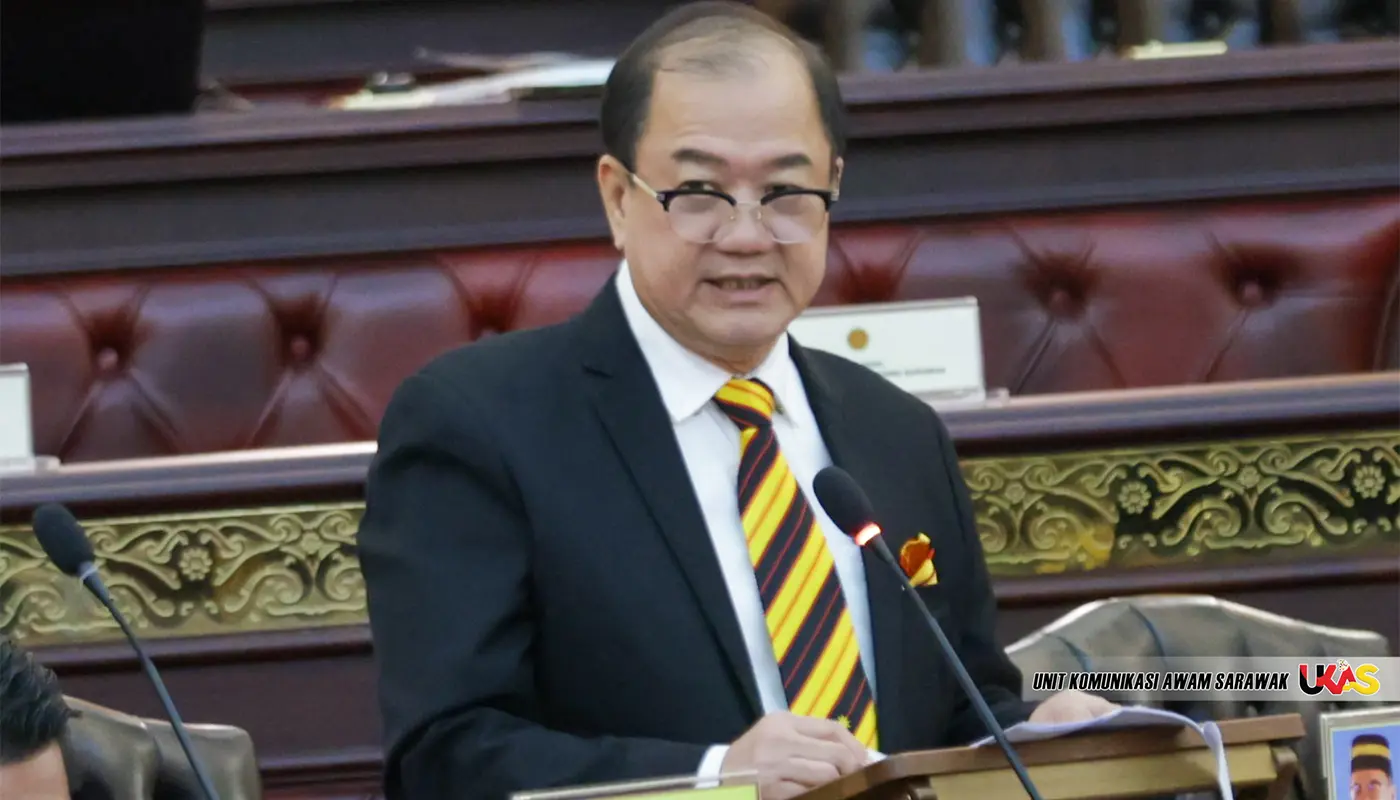KUCHING – The Sarawak State Legislative Assembly has been told that proposed amendments to the Sarawak Building Ordinance 1994 will help safeguard low-income households by mandating energy-efficient housing standards.
Tanjong Batu Assemblyman Johnny Pang Leong Ming argued that the introduction of Green Building requirements under Section 24A would reduce the long-term cost of living for the B40 group, countering claims that such measures would make homes unaffordable.
He explained that while construction costs may rise initially, the benefits of lower utility bills and improved living conditions would outweigh the upfront expenses.
“We must stop looking only at the construction cost and start looking at the living cost. Who suffers most from a poorly designed house with no ventilation? Who suffers most when electricity bills skyrocket? It is the low-income families,” he said during Monday’s debate on the Building (Amendment) Bill 2025.
Pang stressed that energy efficiency standards would prevent low-cost housing from becoming a financial burden due to high monthly electricity bills.
“By mandating energy efficiency under Section 24A, we ensure that a low-cost house does not become a ‘high-cost trap’ with expensive monthly utility bills. We are lowering the long-term cost of living for the rakyat,” he added.
Acknowledging concerns from developers, Pang noted that the use of green materials and the requirement for accredited checkers would increase costs, which could be passed on to buyers. However, he suggested that government incentives could offset these expenses.
He proposed measures such as rebates on premiums or expedited approvals for developers who meet the new Green Standards. “If a developer builds affordable housing that meets these new Green Standards, give them a rebate on premiums or a ‘Green Lane’ for faster approvals,” he said.
The Assemblyman emphasised the need to balance sustainability with affordability, ensuring that families can access safe and environmentally friendly homes without being priced out of the market. “We want our people to live in safe, green houses, but first, they must be able to afford the key,” he stressed.
The amendment reflects Sarawak’s broader push towards sustainable development, aligning with global trends in energy efficiency and climate-conscious construction. Advocates argue that such reforms will not only benefit low-income households but also strengthen the state’s reputation as a leader in green growth.
As the debate continues, the proposal highlights the challenge of reconciling environmental responsibility with economic realities, particularly for vulnerable groups such as the B40. Legislators are expected to refine the bill to ensure that both developers and residents benefit from the transition to greener housing standards.





